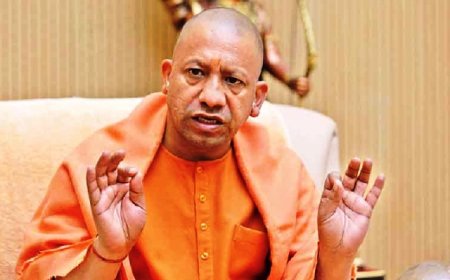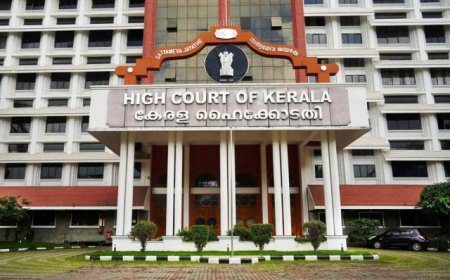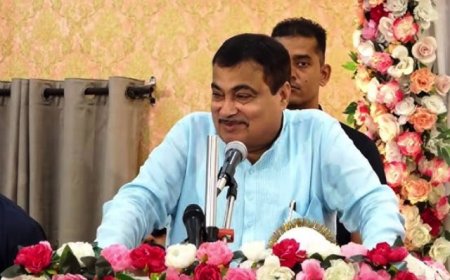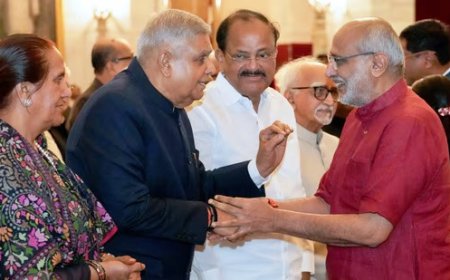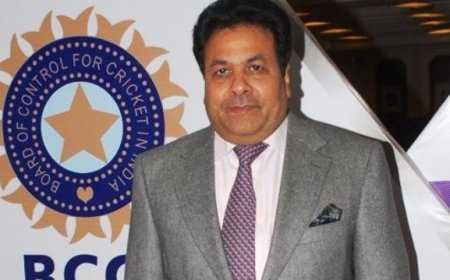Forced Treaty Halted: India Reclaims Its Rivers
Indus water treaty was forced upon us by the USA through the World Bank and many people considered it unfair to India. Now India can work on developing water storage infrastructure within the Indus River System.
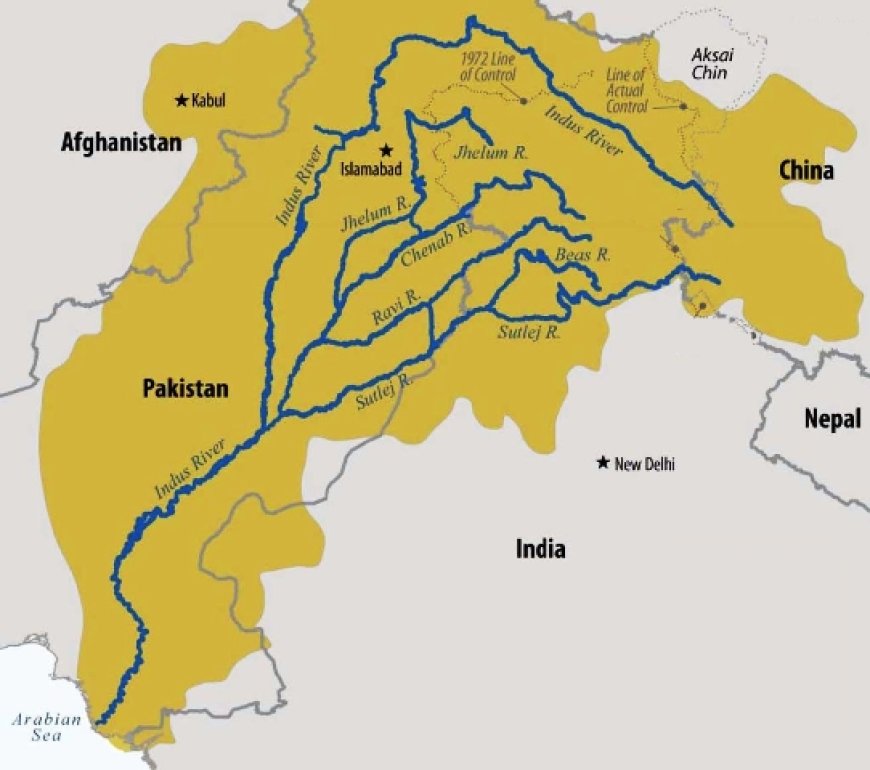
Recent decision of suspending the Indus water treaty by India is the talk of the town and different views are coming from everywhere whether it is a good decision or not. Meanwhile, former bureaucrat Harsh Mahaan Cairae’s observation is quite remarkable.
As observed by Cairae, “Our river water cannot be stopped overnight but this decision paves the way for future action. This treaty was forced upon us by the USA through the World Bank and many people considered it unfair to India. It gave India right over Sutlej and Beas waters but prevented us from having a storage dam or digging canals for the waters of other rivers.”
India has the Bhakda Dam on Sutlej and has diverted the Beas water into Sutlej through a tunnel. On Ravi, Chenab, and Jhelum we have run of the river power projects only, he added.
Ex-Assam cadre IAS Cairae continues, “This decision will enable us to harness, and the waters of all these rivers as well as the Indus. The Government is taking up short as well as long-term measures as reported in the press. Chenab and Ravi waters will be a great boon to Jammu, Punjab, and north Rajasthan. Jhelum would give Kashmir a boost, while Indus and Kargil rivers would be of great benefit to Laddakh and Kargil. Pakistan will dry up. The rivers flowing down from the Hindukush will be all they will have if all this goes into effect.”
The former Chairman of the Central Water Commission Kushvinder Vohra also endorsed that India can use many options that can affect Pakistan while the Indus Waters Treaty is in abeyance. Now the Indian government is no longer obligated to share information regarding water storage levels or flow in the rivers of the Indus River System with Pakistan. “During monsoon, India will not provide Pakistan with any updates on flood situations within the Indus River System. India can also revoke the treaty if Pakistan's stance remains negative.” Vohra said.
In the meantime, India can work on developing water storage infrastructure within the Indus River System, he said.
About Indus Water Treaty
India and Pakistan signed the Indus Waters Treaty on September 19, 1960, after nine years of negotiations, with the World Bank being a signatory to the pact. The treaty sets out a mechanism for cooperation and information exchange between the two sides on the use of the waters of a number of cross-border rivers. Under the agreement governing six common rivers, all the water of the eastern rivers - Sutlej, Beas, and Ravi amounting to around 33 million acre-feet (MAF) annually - has been allocated to India for unrestricted use. The waters of western rivers - Indus, Jhelum, and Chenab - amounting to around 135 MAF annually have been assigned largely to Pakistan.
According to the treaty, India has been given the right to generate hydroelectricity through run of the river projects on the western rivers subject to specific criteria for design and operation. The Treaty also gives the right to Pakistan to raise objections on the design of Indian hydroelectric projects on western rivers. The treaty warrants the two commissioners to meet at least once a year, alternately in India and Pakistan. However, a meeting scheduled to be held in Delhi in March 2020 was cancelled due to the COVID-19 pandemic.
What's Your Reaction?








